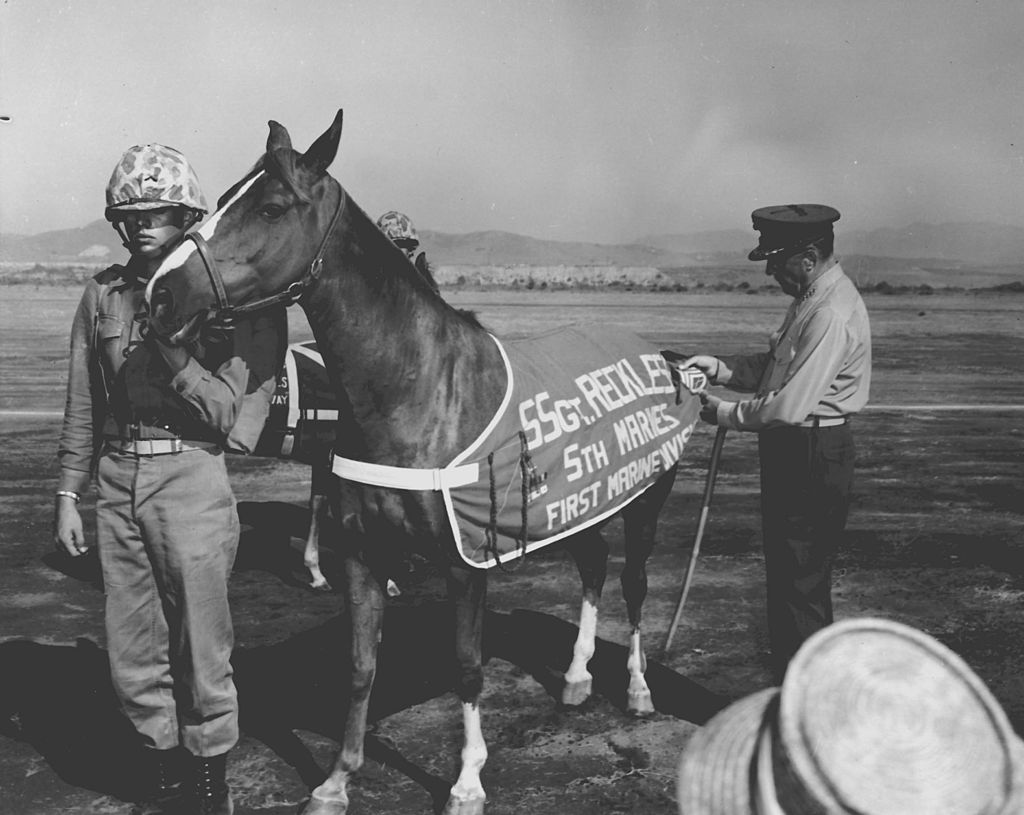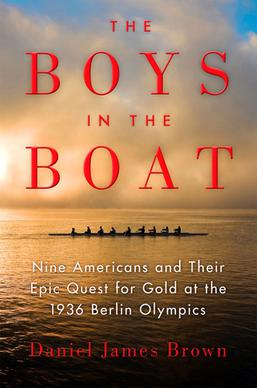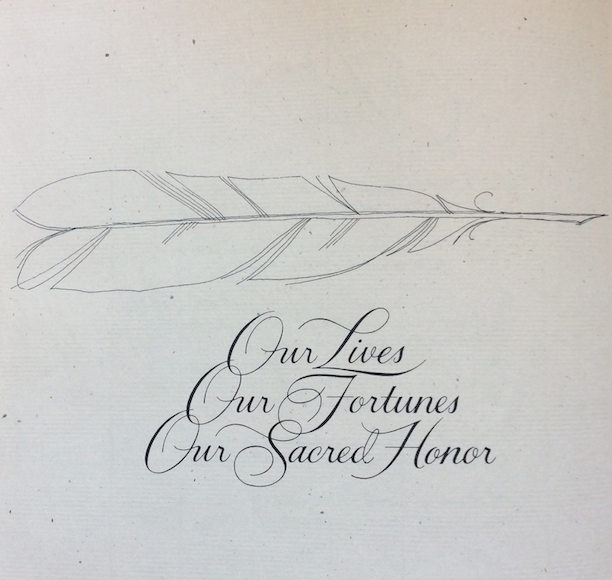-
Laura Ingalls Wilder, Farm Journalist
Edited by Stephen W. Hines (2008)
Laura Ingalls Wilder has become synonymous with the days of American pioneering through her Little House on the Prairie series. But before she even published her first book, Mrs. Wilder was already a popular writer from her contributions to the Missouri Ruralist from 1911-1924. Compiled in one volume, step back into simpler times with Laura Ingalls Wilder, Farm Journalist: Writings from the Ozarks. Although written to Laura’s fellow farm wives, these essays are sure to delight any reader appreciative of common-sense thoughts on home, life, community, and culture.
-
Sgt. Reckless: America’s War Horse
By Robin Hutton (2014)
She rose from humble beginnings as a would-be Korean racehorse to the distinction of American war heroine. Purchased in 1952 by the 5th Marine Regiment to transport the Recoilless Rifle Platoon’s 24-pound shells through Korea’s mountainous terrain, Sgt. Reckless quickly proved herself a fearless beast of burden. But she soon became much more than that. As you learn about Reckless’s battlefield heroics during the Korean War and her legacy after, this book will endear to you the spunky and spirited mare that was more Marine than horse, just like she won her way into the hearts of the men she served alongside.
*Sergeant Reckless being promoted to Staff Sergeant, 1959 (source)
-
The Boys in the Boat
By Daniel James Brown (2014)
The year is 1936; the day, August 14th. On the Olympic regatta course in Hitler’s Berlin, nine American crewmen sit tense and ready in their boat, nervously anticipating the signal that will launch them on the race of their lives. Little do they know that even with all odds against them, they are about to make history…
As America struggled to her feet following the 1929 stock market crash, members of the University of Washington’s crew teams scrimped and saved to make ends meet. After all, if they couldn’t pay for tuition, there would be no seats for them in any of the UW boats, even if they were the best rowers. Many came from families that logged, farmed, or fished; the boys’ upbringings built in them quite literally the back and brawn needed to compete with and surpass long-standing university rivals on both coasts. They weren’t afraid to work and train as hard as possible–and neither was their coach. Experimenting by placing and re-placing different boys in different boats was a befuddling and painstaking process for all involved, but when the final pick for varsity was at last settled upon, even critics admitted they had never seen anything quite like it before.
Embark on a fascinating and inspiring journey from the poverty of the Great Depression to the prospect of Olympic gold. Delve into the history of crew as a sport, the science behind constructing a waterworthy shell, and the minuscule technical nuances that can make or break a winning team. Along the way you will also get to know Joe Rantz and the other “boys in the boat” as you experience with them each and every grueling workout, nail-bitingly close race, disheartening defeat, and breathtaking victory.
If you have already read The Boys in the Boat, don’t miss its accompanying documentary, The Boys of ’36, which includes exclusive footage leading up to and during the 1936 Olympic Games. It is available for purchase here, or enjoy a free preview here.
-
Our Lives, Our Fortunes, Our Sacred Honor
By Paul Harvey (1985)
Do you know what happened to each of the signers of the Declaration of Independence? Sadly, many Americans don’t. But when those 56 men “mutually pledge[d] to each other [their] Lives, [their] Fortunes and [their] sacred Honor” they were not just waxing eloquent – they were essentially signing their own death warrants.
Conveyed in typical Paul Harvey fashion, this small yet profound book tells “the rest of the story” about the lives of the men who were willing to risk everything that we might be free.
-
Deadly Consequences
By Robert L. Maginnis (2013)
Deadly Consequences provides a sobering look at the destructive effect that social engineering has had on the world’s greatest fighting strength: the American military. Prevalent throughout is the opinion that if our nation’s leaders truly cared about women, they would do everything in their power to prevent women from having to bear the physical, emotional, and mental toll that combat can have on them. Although the author is well-qualified to speak about such an issue, he interviews female soldiers who are now suffering the effects that combat has had on their bodies. Hear also from male soldiers who share how the presence of women in their ranks has not only caused distractions, but has hindered their ability to carry out missions.
Because of today’s politically correct culture, most people would consider this view not only old-fashioned but also completely demeaning to women. In reality, however, it has nothing to do with the abilities of women; rather, it has to do with the principles on which our country was founded. For America’s military to remain the greatest fighting force on the face of the earth, we must accept the reality that men and women are created equal but different. Because of this, men, from the beginning of time, have been given the moral responsibility of protecting and defending women and children.
The current state of affairs is summed up well by the author:
“Perhaps, in the final analysis, it is no surprise that a culture that so degrades and devalues women is untroubled by sending them into combat. Americans once held women with high esteem, but, today, chivalry is practically dead. . .
“Whatever one might attribute public opinion to, sending women into combat is not good for women, and it’s not good for our national security. Americans are falling for a historic deception.”
*Note: I realize that many women have honorably served our country since her founding, whether as camp followers, nurses, Auxiliary members, or in other noncombatant roles. Due to the nature of modern warfare, many women serving in these positions have found themselves unintentionally fighting on the front lines. I am grateful for these women’s sacrifice on behalf of our freedom, and am by no means trying to diminish their service.




